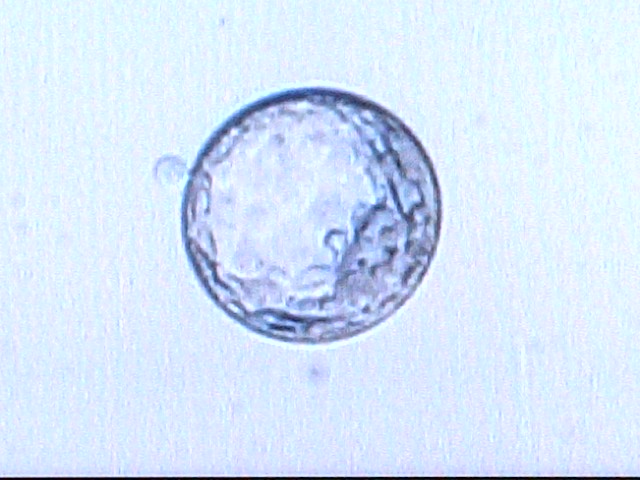Eggs and Embryos
Eggs and Embryos for Research (2011-2015)
A comparative study of assisted human reproduction patients' views about the donation of eggs and embryos for scientific and clinical research.
Investigators: F. Baylis, E. Haimes, E. Fredericks, C. McLeod, A. Leader, J. Takefman
Collaborators: R. Bouzayen, A. Cameron, V. Gruben
Researchers and Postdoctoral Fellows: T. Browne, A. Cattapan, S. Côté, A. Doyle, T. Krahn, D. Snow, R. Tonkens, P. White
Funded by the Canadian Institutes of Health Research and working in association with Canadian IVF clinicss.
Women and couples who use reproductive technologies sometimes have frozen eggs and embryos they do not want or cannot use for their own reproductive purposes, and sometimes they choose to donate these reproductive materials for scientific and clinical research.
This research has generated much-needed Canadian data on the acceptability of in vitro embryo research to the potential donors of these reproductive materials. It also critically analyzed the potential social and ethical costs associated with embryo donation for research, with particular attention to competing views about the benefits and limitations of donating versus selling reproductive materials, and the importance (if any) attributed to the purpose of the embryo research in making decisions about donation. Together, empirical data and philosophical reflections have worked to inform clinicians, researchers and policymakers to help improve consent procedures as well as legislative and policy options.
This study included three distinct research projects:
Project 1: Patients’ Perspectives on Egg and Embryo Donation for Research
Through semi-structured interviews held with patients from three clinic sites, the project has provided new information about the perspectives of in vitro fertilization patients concerning the disposition of their embryos and their potential use in research. It has contributed new knowledge to international bioethical debates on egg and embryo research.
Women or couples that participated in this study may be interested in the additional information provided in our Fast Facts page (updated September 2015).
Project 2: Social and Ethical Aspects of Egg and Embryo Donation for Research
This project analyzed the potential social and ethical aspects of in vitro egg and embryo donation for research from a feminist perspective, with particular attention to the ways in which research practices and policies may be harmful to women.
This project emphasized the social and ethical costs associated with in vitro egg and embryo donation, in ways that considered the perceptions, views and understandings of those that participated in the semi-structured interviews of Project 1.
Project 3: Policies for Egg and Embryo Donation for Research
This project identified the best consent documents and processes to promote informed choice in the donation of in vitro eggs and embryos for research, and what regulatory or legislative requirements will best support ethical practice for this donation. Thus, the knowledge gained from Projects 1 and 2 was transferred to clinicians, researchers, and policymakers.
Research is still being conducted and relevant findings disseminated on informed consent documents and policies for in vitro human egg and embryo donation to be circulated widely to Canadian IVF clinics and relevant professional organizations.
Last updated September 2017.


